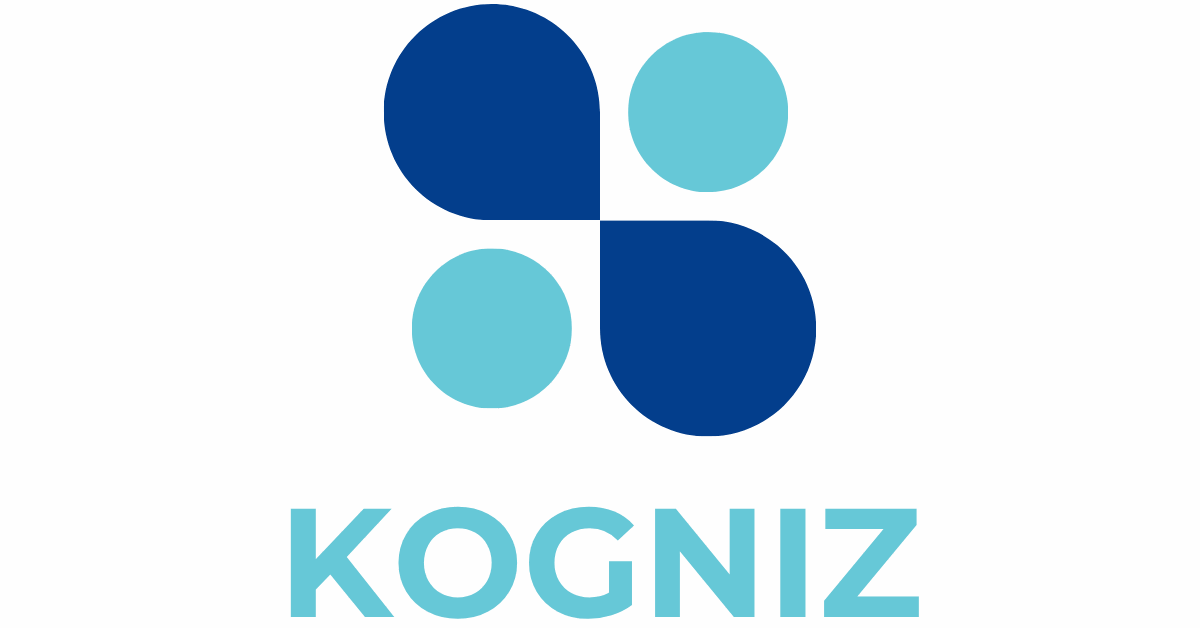In today’s fast-paced tech landscape, businesses are racing to innovate faster than ever. Enter DevOps PaaS, the superhero of software development that swoops in to save the day. Imagine a world where deploying applications is as easy as ordering takeout—no more waiting for the kitchen to serve up your code. With DevOps PaaS, teams can collaborate seamlessly, automate processes, and scale like a pro, all while sipping their favorite coffee.
What Is DevOps PaaS?
DevOps PaaS streamlines software development by integrating development and operations activities. It enhances productivity, collaboration, and efficiency for teams in fast-paced environments.
Definition and Overview
DevOps PaaS, or Platform as a Service, combines cloud computing with DevOps practices. This platform allows developers to build, test, and deploy applications in an automated environment. Flexibility characterizes DevOps PaaS, as it adapts to various development methodologies. Teams utilize this service to reduce deployment times and improve overall project management. By providing built-in tools and services, DevOps PaaS minimizes complications, allowing developers to focus on creation rather than maintenance.
Key Components
Key components of DevOps PaaS include automation tools, collaboration features, and scalability options. Automation tools facilitate continuous integration and deployment, making processes faster and more reliable. Collaboration features enable real-time communication between different teams, breaking down silos and fostering teamwork. Scalability options allow applications to grow without significant changes to the infrastructure. Monitoring capabilities also enhance performance, providing insights into system health and user experience. Comprehensive toolkits within DevOps PaaS contribute to streamlined workflows and improved productivity.
Benefits of DevOps PaaS

DevOps PaaS delivers significant advantages for development teams, enhancing efficiency and fostering innovation. Here are some key benefits.
Increased Collaboration
Improved collaboration comes from integrating tools and processes within a unified platform. Teams interact in real time, ensuring everyone remains aligned on project goals. Shared visibility into workflows and project status enhances communication across various roles. Tools like chat applications and project management software streamline discussions and feedback cycles. By facilitating teamwork, organizations promote a culture of innovation and shared responsibility. Additionally, feedback loops created through collaborative features lead to quicker iterations and adjustments during development.
Faster Time to Market
Accelerated deployment is a key feature of DevOps PaaS. Automated processes for code integration and deployment reduce manual errors, allowing more frequent releases. Rapid scaling options support growing application demands without delays. Developers can implement new features swiftly, responding to market needs effectively. Data integration capabilities streamline information flow, enhancing decision-making. Ultimately, organizations benefit from reduced time to market, better meeting customer expectations and gaining a competitive edge.
Popular DevOps PaaS Solutions
Several leading DevOps PaaS solutions stand out in the market today. Each platform offers unique capabilities that can cater to varying development needs.
Review of Leading Platforms
Amazon Web Services (AWS) stands strong with its comprehensive suite of tools for DevOps practices. Microsoft Azure enhances collaboration and runs seamlessly with Windows-based applications. Google Cloud Platform (GCP) focuses on containerization, providing robust Kubernetes support. Heroku emphasizes simplicity, making it ideal for small to medium-sized projects. Lastly, Red Hat OpenShift allows for hybrid cloud deployments, providing flexibility to organizations.
Comparison of Features
Feature sets vary significantly among platforms. AWS offers extensive automation features and scalability options. Azure provides integration with popular Microsoft tools and services. GCP excels in machine learning integration and big data analytics capabilities. Heroku supports a wide variety of programming languages, enhancing versatility. OpenShift facilitates application lifecycle management with built-in CI/CD tools and supports Docker containers. Each platform brings strengths tailored to specific use cases, guiding teams in their selection process.
Challenges of Implementing DevOps PaaS
Implementing DevOps PaaS presents several challenges that teams must navigate to maximize its benefits and streamline development processes. Recognizing these obstacles early can facilitate a smoother transition.
Common Pitfalls
Common pitfalls in DevOps PaaS implementation include insufficient training and inadequate integration with existing tools. Many teams underestimate the learning curve associated with new platforms, leading to delays and operational inefficiencies. Misalignment between development and operations often occurs, causing confusion and disrupted workflows. Additionally, neglecting to establish a clear communication strategy may result in fragmented collaboration. In many cases, organizations make the mistake of prioritizing speed over quality, which can compromise deployment effectiveness and lead to technical debt.
Best Practices to Overcome Challenges
Best practices for overcoming challenges in DevOps PaaS adoption involve a focused approach to training and integration. Investing in comprehensive training ensures all team members understand the platform’s functionalities and workflows. Establishing cross-functional teams encourages collaboration between development and operations, aligning objectives and fostering unity. Regular feedback loops improve communication, allowing teams to address issues promptly. Implementing incremental changes in workflows promotes adaptability and reduces the risk of errors. Prioritizing quality maintains the integrity of deployments while ensuring that speed does not undermine project success.
Future Trends in DevOps PaaS
The landscape of DevOps PaaS continues to evolve rapidly, driven by technological advancements and shifting industry standards.
Emerging Technologies
Cloud-native technologies are gaining significant traction in DevOps PaaS. Kubernetes stands out as a vital orchestration platform, facilitating container management and deployment. Serverless architectures are becoming more popular, allowing developers to focus solely on code without managing servers. Artificial intelligence and machine learning are also making waves, optimizing workflows and enhancing predictive analytics. These technologies streamline processes and enable faster decision-making for teams, contributing to increased efficiency and scalability.
Evolving Practices
Agile methodologies are reshaping how development teams work within DevOps PaaS. Continuous integration and continuous deployment (CI/CD) practices are becoming standard, ensuring rapid and reliable releases. Collaboration tools are evolving to support remote teams, enhancing communication and workflow management. Security practices are shifting left, integrating security measures earlier in the development cycle, reducing vulnerabilities. Emphasizing a culture of feedback allows teams to learn continuously while implementing incremental changes that lead to better project outcomes.
DevOps PaaS stands as a game-changer in the software development landscape. By streamlining collaboration and automating processes, it empowers teams to focus on innovation rather than routine maintenance. With its ability to adapt to various methodologies and integrate cutting-edge technologies, DevOps PaaS enhances productivity and accelerates deployment times.
As organizations continue to embrace this transformative approach, they gain a competitive edge in meeting customer demands. Future trends indicate that the evolution of DevOps PaaS will further enhance efficiency and collaboration, paving the way for even more robust development practices. Embracing DevOps PaaS not only simplifies the development process but also positions teams for success in an ever-evolving tech environment.



